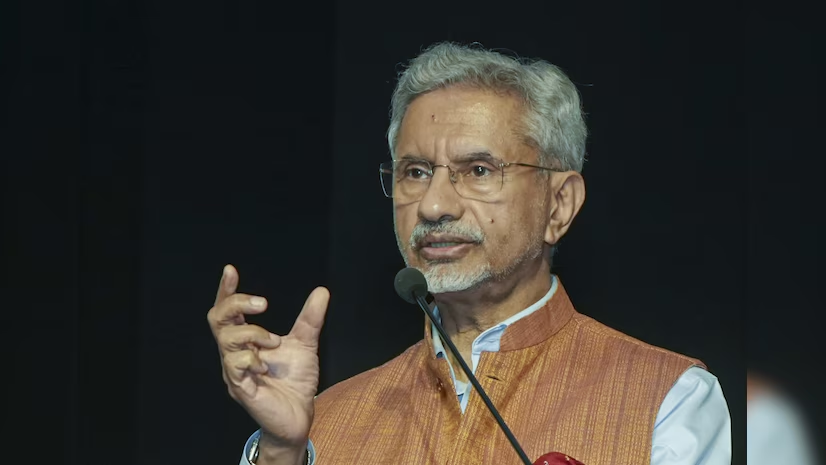According to External Affairs Minister Dr S. Jaishankar, speaking at a Business Today event here on Saturday, India – the fifth economy in the world – ought to go beyond energy partnerships and develop a broad and diverse set to ensure long-term security and sustainability.
In a sweeping keynote that touched on topics from energy to trade, diplomacy, and global supply chains, Jaishankar signalled a widely anticipated fact: that globalisation has entered a new, uncertain stage, where tariff wars, industrial policies, and export controls, instead of the free-market ethos, dominate what once formed the main theme of global debates.
“A favourable energy environment for the coming decades is understandably one of India’s key diplomatic objectives,” said Jaishankar, considering that nuclear innovations such as small modular reactors must coexist with other greenhouse gases in the country’s energy roadmap that includes renewables and fossil fuels.
Post-Ukraine: Energy Choices and National Interest
Reflecting on India’s energy choices after the Ukraine-Russia conflict, Jaishankar dived into the subject of India’s purchase of Russian oil, which has been criticised by some Western nations. He said in a crisis, every country behaves according to its self-interest, whether it is acknowledged or not in public.
“A policy decision that has had far-reaching economic consequences in recent years has been our reaffirmation of energy choices in the wake of the Ukraine conflict,” he said. “The truth was that every nation did what was in their self-interest, even if some professed otherwise.”
Globalisation Is Being Rewritten
Jaishankar said that the world now reaches the limitation according to which old economic paradigms existed. Globalisation ideals have currently yielded to de-risking, realignment of supply chains, and economic nationalism.
“Today we have a world with industrial policies, export controls, and tariff wars. It is very important to map benefits and trends in such cases with the adoption of policies accordingly,” he said.
He said that “re-globalisation” meant partnering with countries on a fairer, more democratic runway that is less risky for access to benefits through reshoring and diversification of global manufacturing for countries like India.
This diplomatic move, he added, is not merely diplomatic but strategic, particularly with energy and digitised security gradually becoming important determinants of global power.
“India chooses to become most people’s go-to option out of the few nations that can be navigated and partnered with across all ideological divides,” Jaishankar commented.
Digital Era Shifts New Security Imperatives Upon Us
According to Jaishankar, with the entry into an artificial intelligence and data-driven world, national security is dominated by digital sovereignty as the foundation pillar. How data is sourced, stored, and used will determine challenges and strategic choices, much like trade and energy do.
“The logic of the market has to be balanced by compulsions of privacy and security,” he went on. “Surely stronger political relationships become factors in calculations, putting efficiency, talent, and such comfort together.”
Indian Embassies Now at the Forefront of Commercial Diplomacy
The significant shift in the Indian diplomacy workings has been showing the embassies and consulates made proactive in promoting and supporting economic and commercial interests, advocating business for India itself in India’s global growth strategy.
“I say now that Indian embassies are way better than before in pursuing the country’s commercial interests,” and he added the role of diplomacy in economic development.
Conclusion: Really Proactive Interests of India in the Global Transition Round
Broad-based energy alliances, geopolitical neutrality, and digital sovereignty will be increasingly important as India seeks to fortify its future in an unravelling world. The address by Jaishankar also pointed out that the pillars of India’s rise in the years to come would be strategic autonomy, economic resilience, and technological leadership.

